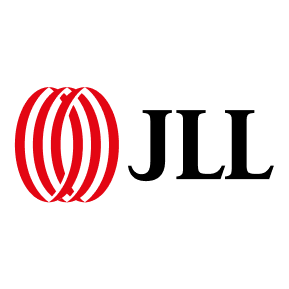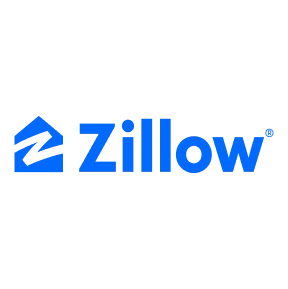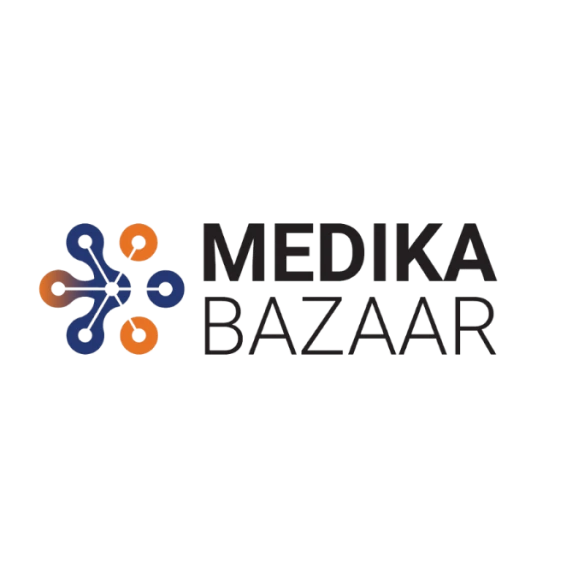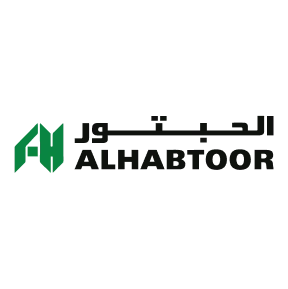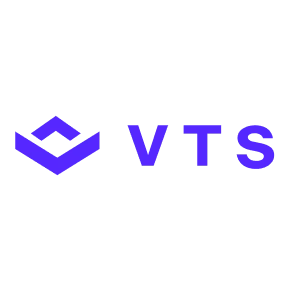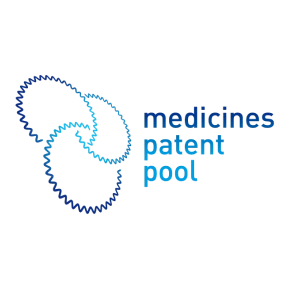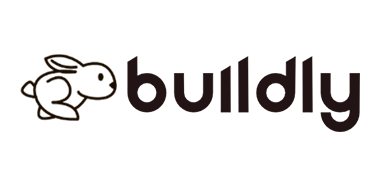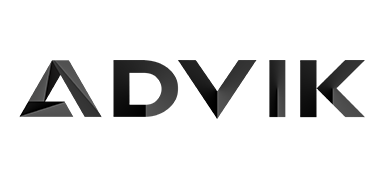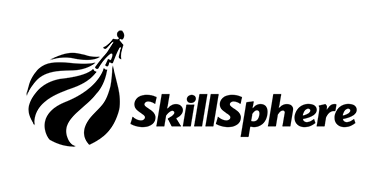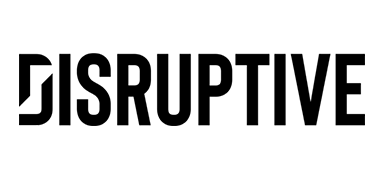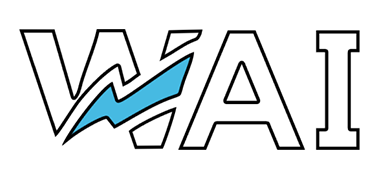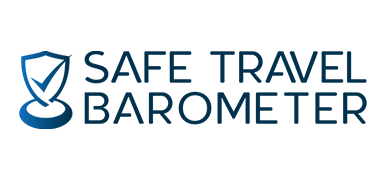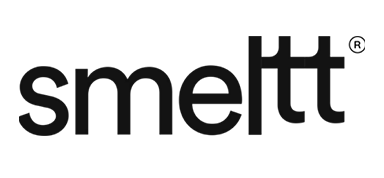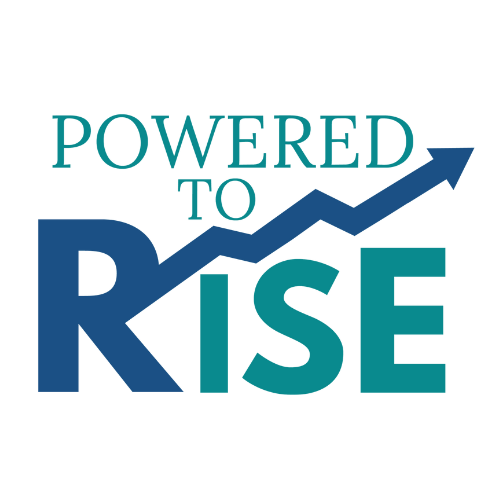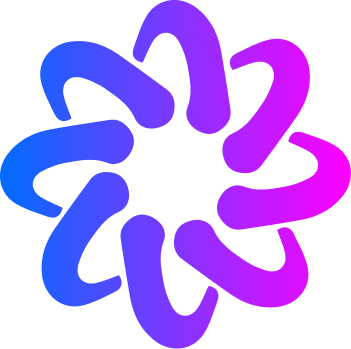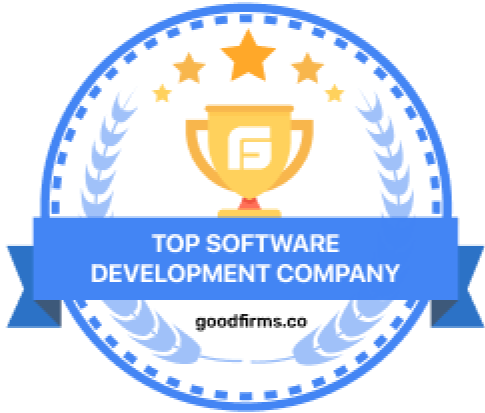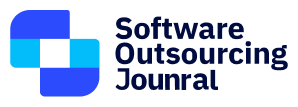
Brands That Love Us

How Can Custom Healthcare Software Help?
Operational efficiency and patient care are optimized through healthcare software solutions that streamline medical services. Secure applications and online platforms allow healthcare providers to efficiently manage patient records, conduct seamless transactions, and access personalized insights. AI-driven healthcare apps, exemplified by real-time patient data analysis, empower healthcare professionals to effortlessly make informed decisions and enhance patient outcomes.
Why Opt For Our Services?
Optimize your healthcare operations with Ajackus' specialized custom health software development. We're dedicated to simplifying technology, boosting efficiency, and improving user experience to elevate the overall performance of your operations.
- Telepharmacy Medication Adherence Programs
- AI-driven Predictive Maintenance for Medical Equipment
- Mobile Health Data Encryption Solutions
- Teleophthalmic Imaging Services
- AI-driven Radiogenomics for Cancer Care
- Virtual Reality Exposure Therapy for PTSD
- Chronic Wound Management Apps
- Mobile Maternal Health Trackers
- Teleaudiology Hearing Aid Adjustments
- AI-driven Predictive Analytics for Disease Outbreaks
- Automated Home Medication Dispensers
- AI-powered Clinical Trial Matching
Why Choose Our Custom Healthcare Solution?
Our software engineers actively pursue system upgrades, optimize user experience, manage technical debt, and enhance the competitiveness of healthcare institutions.

Efficient Laboratory Information Management Systems (LIMS)
We implement efficient Laboratory Information Management Systems (LIMS), enhancing the organization and analysis of laboratory data.

Seamless Transition to ICD-11 Coding
We facilitate a seamless transition to ICD-11 coding, ensuring compliance with the latest international classification standards in healthcare.

Mobile Health Platforms for Remote Areas
We develop mobile health platforms tailored for remote areas, increasing healthcare accessibility and addressing healthcare disparities.

Comprehensive Allergy Tracking
We offer comprehensive allergy tracking solutions, enabling healthcare providers to have accurate and up-to-date information for patient care.
What our Clients are Saying

23 Reviews

FAQs
Health technology, often shortened to health tech, focuses on leveraging technology to improve healthcare delivery and patient outcomes. This contrasts with traditional healthcare, which primarily relies on in-person consultations, manual diagnostics, and paper-based records. Health tech introduces innovation through smart devices, telehealth platforms, AI-powered tools, and digital health records, aiming for greater efficiency, accessibility, and personalization.
Wearable fitness trackers that monitor heart rate and activity levels, apps offering virtual therapy sessions, and AI algorithms analyzing medical images for early disease detection are all examples of health tech in action. Telehealth consultations allow remote patient-doctor interactions, while electronic health records provide secure and easily accessible medical data.
For patients, health tech empowers self-management of health conditions, promotes preventative care, and improves access to specialists. For healthcare providers, it streamlines administrative tasks, enhances diagnosis and treatment planning, and facilitates communication with patients. Overall, health tech can lead to better health outcomes, reduced healthcare costs, and a more efficient system.
Data privacy and security are major concerns, as sensitive medical information needs robust protection. Algorithmic bias and lack of accessibility for certain demographics require careful consideration. Overreliance on technology and potential job displacement in the healthcare sector are also areas of concern.
Transparency about data collection and usage, development of unbiased algorithms, and ensuring equitable access to technology are crucial. Robust regulations, data privacy laws, and ongoing ethical discussions are essential for responsible implementation of health tech.
